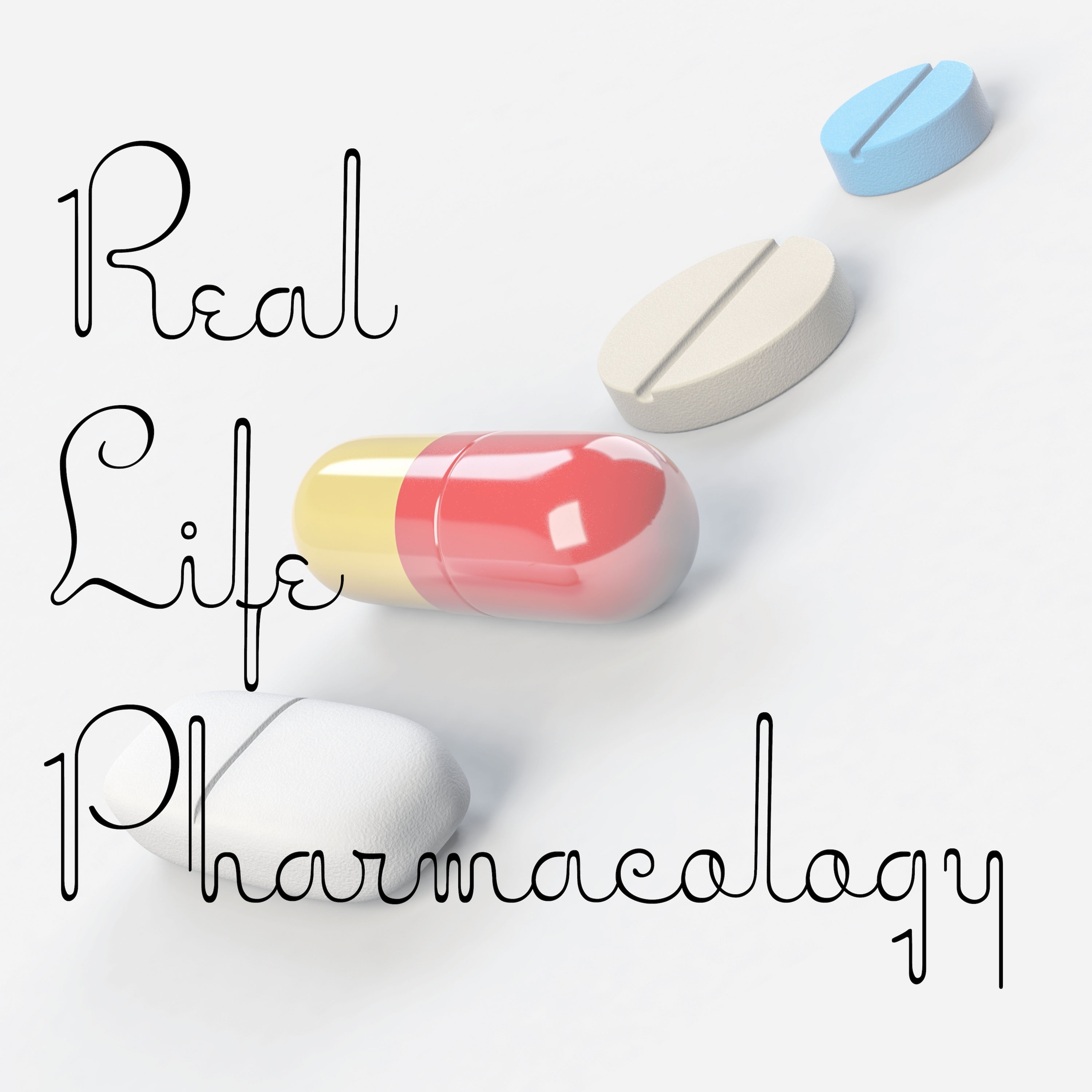Navigating QTc Prolongation and Drug Interactions
Description
On this episode, I discuss the pharmacology surrounding QTc prolongation and drug interactions.
I discuss which medications are more likely to cause QTc prolongation and which patient populations we should be more concerned about.
Antiarrhythmics are a common class of medication that can exacerbate QTc prolongation when used with other interacting medications.
500 ms is a common value utilized to help identify patients at risk for QTc prolongation and ultimately torsades de pointes.
More Episodes
In this episode of the Top 200 Drugs Podcast, I cover glyburide, citalopram, olmesratan, carvedilol, and tiotropium.
Glyburide is a sulfonylurea that is well known to cause hypoglycemia and weight gain because it stimulates the pancreas to increase insulin release.
Citalopram is an...
Published 11/14/24
Clindamycin is an antibiotic for infection. It inhibits protein synthesis by binding to the 50s ribosomal subunit and is well known to contribute to C. Diff. risk.
Acetaminophen is a common over-the-counter medication that relieves pain and fever. It does not have much benefit in reducing...
Published 11/07/24


